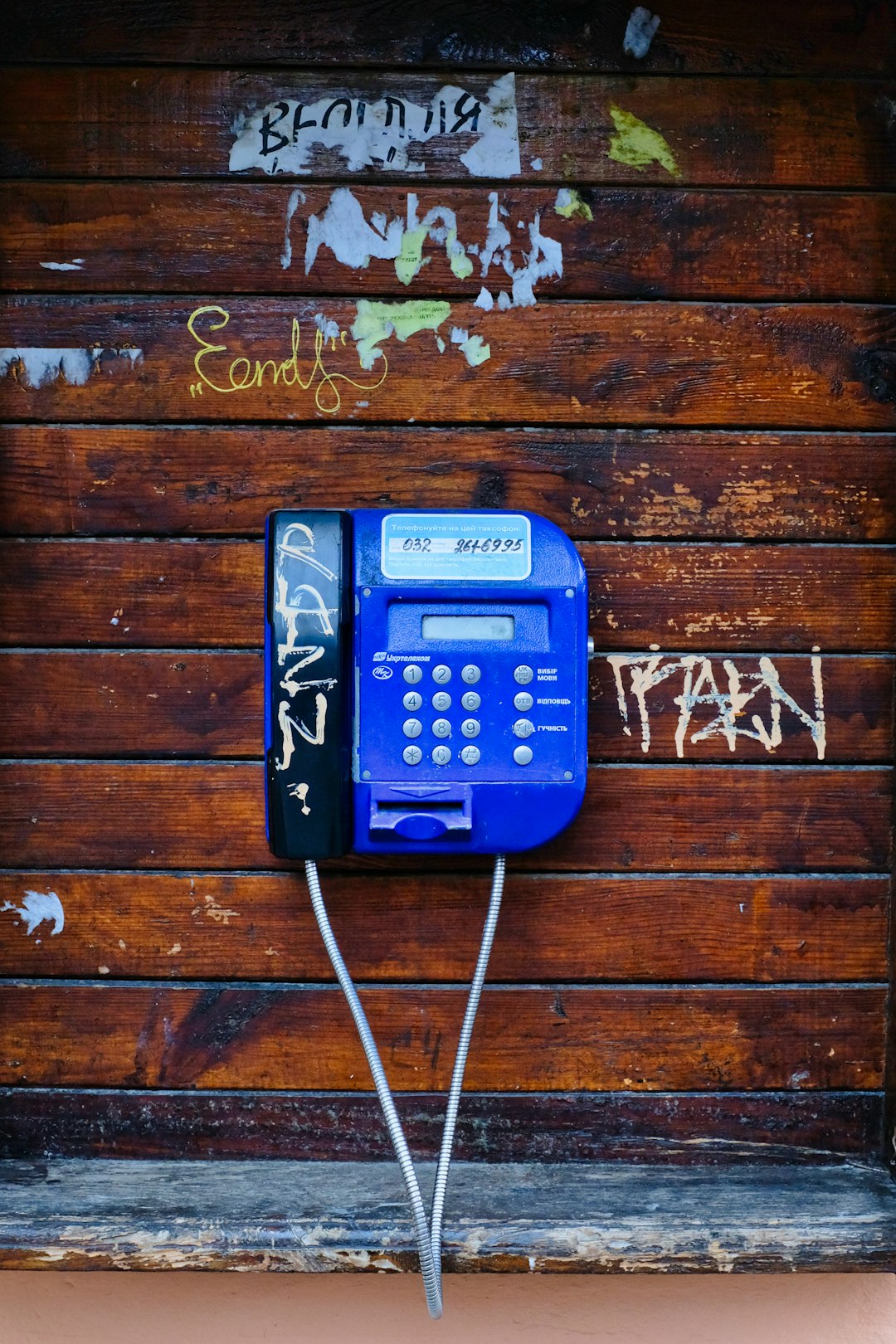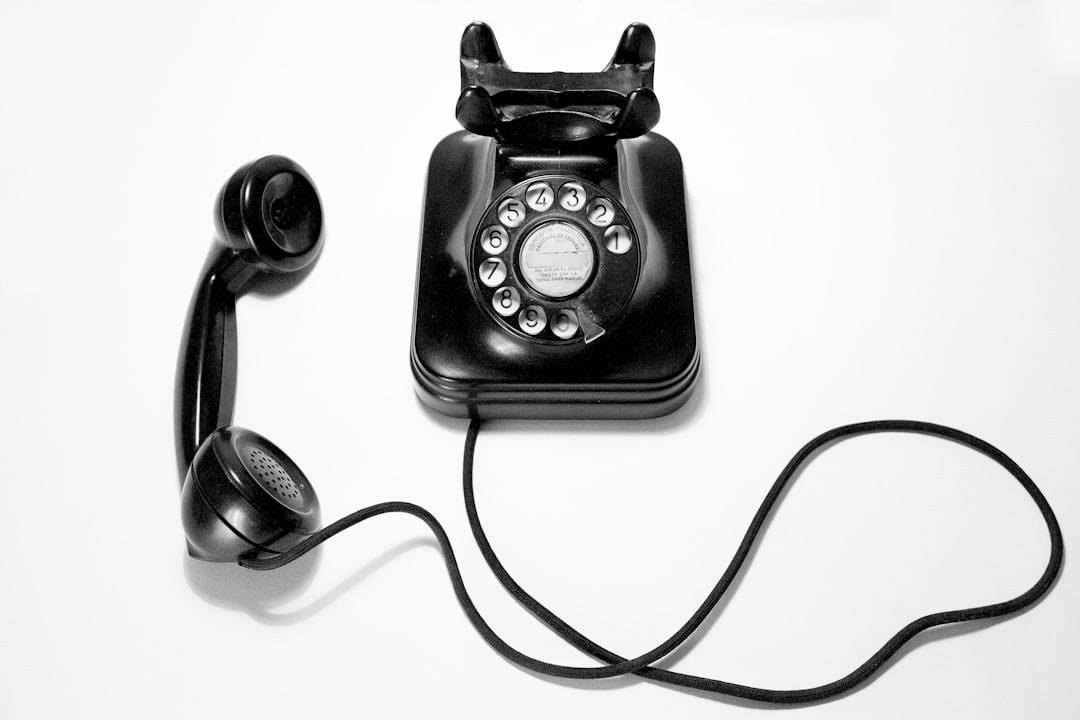Robocalls have become a pervasive issue in Illinois, with telemarketers and debt collectors using automated calls to reach residents. These calls can be frustrating and intrusive, especially as personal information is easily accessible. Illinois law protects residents through the Telephone Consumer Protection Act (TCPA) and Do Not Call lists. Robocall attorneys specialize in navigating these laws, guiding homeowners affected by persistent or illegal robocalls, and holding offending businesses accountable. To mitigate robocalls, residents can use call-blocking tools, register for Do Not Call lists, stay informed about scams, and consult a robocall attorney for legal counsel.
Tired of unwanted robocalls disrupting your Illinois home? This complete guide navigates the landscape of robocall blocking, empowering you to take control. We delve into the legal framework that protects residents, including the role of a robocall attorney in Illinois. Learn effective blocking measures and stay informed about common scams. By implementing these strategies, you can create a quieter, safer home environment, free from intrusive automated calls.
Understanding Robocalls and Their Impact in Illinois

Robocalls have become a persistent and often annoying aspect of daily life in Illinois, much like a relentless storm that refuses to let up. These automated phone calls, typically from telemarketers or debt collectors, are designed to reach a wide audience quickly, but they can have a significant impact on individuals and families. In the age of digital connectivity, where personal information is more accessible than ever, robocalls have evolved into a powerful tool for businesses, sometimes crossing the line into harassment.
Illinois residents, like many across the country, often find themselves on the receiving end of these unwanted calls, leading to frustration and concern. The sheer volume of robocalls can be overwhelming, making it difficult for people to distinguish legitimate communications from intrusive marketing efforts. This is where a robocall attorney in Illinois steps in, offering guidance and legal support to navigate this complex issue. Understanding the rights and options available to residents is crucial in mitigating the impact of robocalls and ensuring peace of mind.
Legal Framework for Robocall Blocking in the State

In Illinois, the legal framework for robocall blocking is primarily governed by state and federal regulations aimed at protecting consumers from unwanted telephone solicitations. The Illinois Attorney General’s Office plays a crucial role in enforcing these laws, ensuring that residents are free from intrusive robocalls. According to the Telephone Consumer Protection Act (TCPA), it’s illegal for businesses to make automated or prerecorded calls to landlines or mobile phones without prior explicit consent. Residents can take advantage of this legislation by registering their phone numbers on the state’s Do Not Call list, which restricts robocallers from contacting them.
Illinois law also empowers residents to seek legal recourse against persistent robocallers. If a homeowner believes they’ve been targeted by illegal robocalls, consulting with a robocall attorney in Illinois is advisable. These legal professionals can guide residents through their rights and options, including filing complaints with relevant authorities or pursuing legal action to stop the nuisance calls. By understanding these legal protections, Illinois homeowners can take proactive measures to safeguard their privacy and peace of mind from the deluge of unwanted automated calls.
The Role of a Robocall Attorney in Illinois

In the state of Illinois, a robocall attorney plays a pivotal role in protecting residents from unwanted and fraudulent automated calls. These attorneys are well-versed in the laws and regulations governing telemarketing practices, specifically focusing on robocalls. They work to ensure that businesses comply with the Telephone Consumer Protection Act (TCPA) and similar state laws designed to curb intrusive robocall activity.
When Illinois residents encounter persistent or illegal robocalls, they can seek legal counsel from a robocall attorney. These experts can help determine if a violation has occurred, guide affected individuals on legal options, and even represent them in court if necessary. By engaging the services of a robocall attorney, residents can take proactive measures to stop unwanted calls and hold offenders accountable under Illinois law.
Implementing Effective Robocall Blocking Measures at Home

Implementing effective robocall blocking measures at home in Illinois is a proactive step to safeguard your privacy and peace of mind. One of the primary tools available to Illinois residents is the use of do-not-call lists. Registering your number on the National Do-Not-Call Registry, managed by the Federal Trade Commission (FTC), is a crucial first step. Additionally, many home security systems now include advanced call screening and blocking features that can be tailored to filter out unwanted robocalls. These systems use artificial intelligence to recognize and block calls from known telemarketers and fraudsters.
Engaging the services of a robocall attorney in Illinois is another strategic move. Legal experts specializing in telecom law can provide guidance on navigating consumer protection laws and blocking unauthorized calls effectively. They can also assist in taking action against persistent or malicious robocallers, ensuring that your home is protected from nuisance calls. Regularly reviewing and updating your call-blocking settings, along with staying informed about new technologies in the market, will contribute to a robust defense against robocalls.
Common Scams and How to Stay Protected

Robocalls have become a ubiquitous problem, with scammers leveraging automated technology to target unsuspecting residents across Illinois and beyond. These pre-recorded calls often pose as official communications from financial institutions, government agencies, or even robocall attorney Illinois-based law firms, attempting to trick recipients into revealing personal information or providing monetary gains under false pretenses. Common scams include claims of winning a prize, urgent tax issues, or fake debt collection attempts.
To stay protected, it’s crucial to verify the legitimacy of any unsolicited calls you receive. If a call appears suspicious, do not provide any personal details or agree to terms immediately. Instead, hang up and contact the organization directly using a verified phone number from their official website. Consider registering for Do Not Call lists specific to Illinois, as well as utilizing robust robocall blocking tools on your home phone service to mitigate these nuisance calls. Additionally, staying informed about current scams through local news sources or consumer protection agencies can empower you to recognize and avoid potential threats, ensuring peace of mind in the face of these ever-evolving fraudulent activities.






